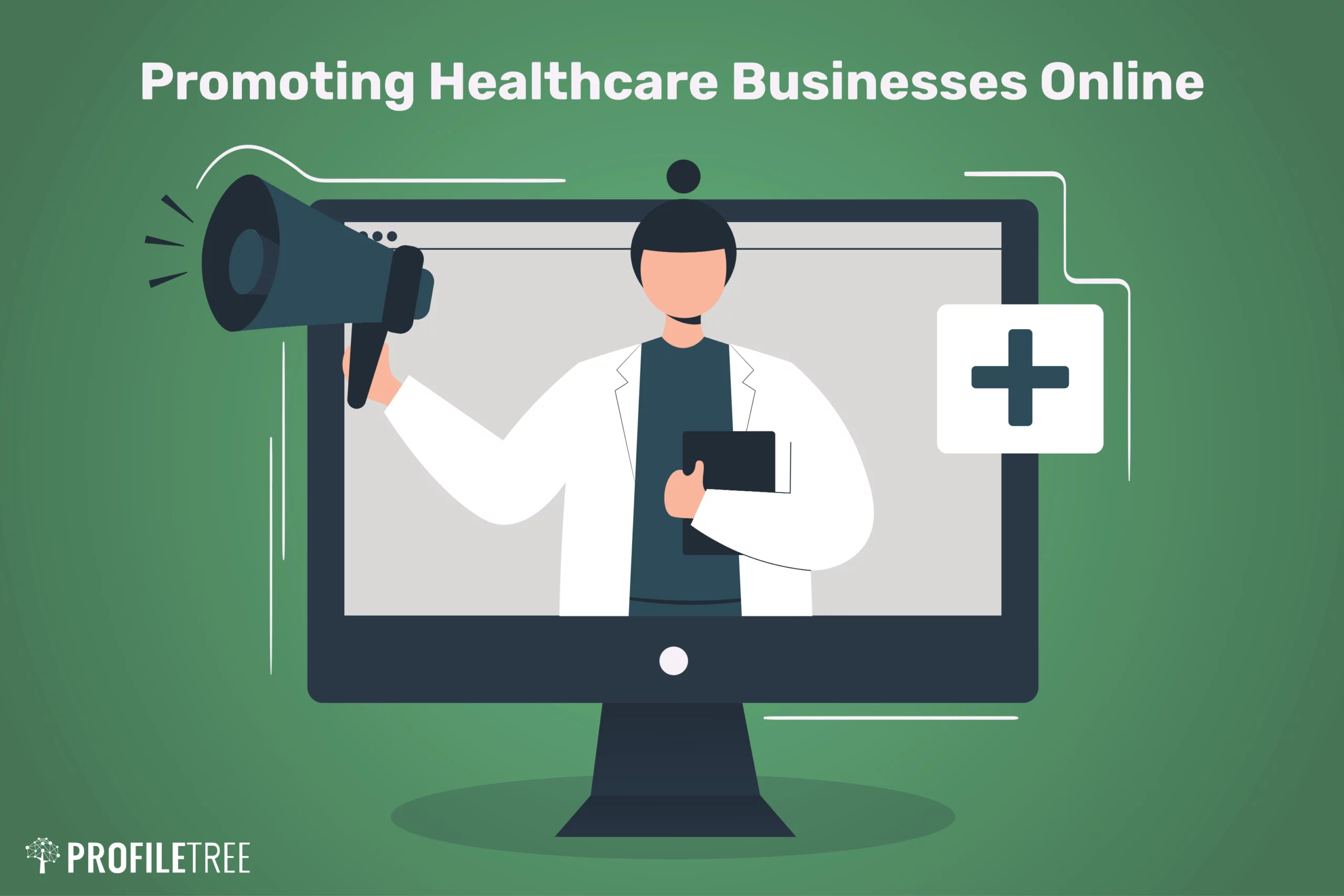The Influence of Subscription Based Healthcare on Traditional Clinical Practices
Navigating the Future of Medication With Subscription-Based Medical Care Provider
As the medical care market evolves, subscription-based solutions arise as an essential model guaranteeing to improve individual care shipment. With the prospective to provide streamlined, economical solutions with foreseeable prices and customized attention, these services stand at the forefront of modern medical development. Yet, as we consider their rise, one need to contemplate the ramifications of incorporating such systems right into existing medical care frameworks. What difficulties do they posture in regards to data protection and equitable access, and exactly how might they redefine the patient-provider connection? The solution to these inquiries can basically change our technique to healthcare.
Increase of Subscription Healthcare
As healthcare systems around the world face increasing pressures from increasing expenses and demand for solutions, the advent of subscription-based medical care designs has become a transformative pattern. This innovative technique is interrupting traditional health care delivery by offering a predictable, flat-rate settlement framework for clinical solutions. Rooted in the concepts of concierge medicine, subscription-based medical care permits providers to concentrate on tailored person care while all at once taking care of functional performances.
The raising customer need for transparency and predictability in health care expenses has actually driven the shift in the direction of this design. Subscription-based services commonly provide straight access to health care specialists, which can lower the management worries linked with insurance cases and reimbursements.
This model is obtaining traction among varied doctor, from primary care physicians to specialized facilities, by lining up economic rewards with preventive and continuous treatment. By shifting the focus from volume to value-based care, registration healthcare has the potential to improve the landscape, promoting an extra patient-centered and sustainable strategy to wellness administration.
Advantages for Individuals

In addition, subscription-based services commonly highlight preventative treatment, urging regular exams and health testings. This aggressive approach can bring about very early detection of wellness problems, potentially enhancing outcomes and decreasing long-term healthcare costs for patients. Additionally, such designs usually supply transparent prices, allowing patients to better recognize their health care costs and stay clear of unanticipated clinical costs.
The customized nature of subscription-based healthcare also enhances person experience. Individuals can receive tailored healthcare strategies that suit their certain demands, cultivating a much more patient-centric method. This personalization can cause enhanced patient satisfaction and adherence to treatment plans. In addition, membership solutions commonly incorporate health cares, supporting people in maintaining general health and wellness and wellness. Eventually, these benefits jointly add to an extra reliable, cost-efficient, and patient-friendly health care experience.
Innovation's Duty in Change

Fabricated intelligence (AI) plays a vital function in anticipating analytics, aiding in very early diagnosis and tailored therapy plans. AI algorithms examine vast datasets to recognize patterns that may be forgotten by human monitoring, thus improving medical decision-making. Digital health and wellness records (EHRs) simplify person details administration, ensuring connection and comprehensibility of care throughout various solutions and service providers.
Blockchain innovation enhances data safety and security and personal privacy, essential for keeping individual rely on digital platforms. It enables secure and clear purchases of clinical data, ensuring that sensitive information continues to be protected. With the assimilation of equipment knowing and AI, blockchain can automate complicated healthcare processes, reducing administrative worries.
Factors To Consider and difficulties
While modern technology drives the capabilities of subscription-based medical care solutions, it likewise introduces a collection of obstacles and considerations that must be dealt with to make sure effective execution. One considerable challenge is the equitable ease of access of these solutions.
Information personal privacy and protection represent one more important factor to consider. Subscription-based services often involve the collection and find out here now storage of vast quantities of individual health info. Providers must follow strict data defense guidelines to keep patient count on and prevent unapproved gain access to, which can lead to substantial ethical and lawful repercussions.
Furthermore, the sustainability of subscription designs poses an obstacle. As health care requires develop, maintaining a cost-efficient equilibrium in between membership costs and service quality is crucial to stop individual discontentment and attrition. Incorporating these solutions within typical healthcare systems requires smooth interoperability in between platforms, which is commonly a complex and resource-intensive endeavor. Addressing these obstacles is important as subscription-based health care services proceed to evolve and expand.
Future Implications for Medicine
Subscription-based healthcare services are poised to dramatically affect the future landscape of medication by reshaping how care is accessed and delivered. These designs offer the potential to democratize health care access, offering clients with more customized and prompt interventions. By leveraging innovation, such as telemedicine and data analytics, subscription solutions can help with continuous surveillance and tailored health administration, thus improving outcomes and lowering the burden on traditional healthcare systems.
As these services gain traction, they might stimulate a change in the direction of preventative care, emphasizing the significance of very early detection and monitoring of chronic conditions. This proactive method might inevitably lower health care expenses by reducing the need for expensive treatments arising from late-stage disease monitoring. Membership versions supply a scalable option to deal with differences in medical care accessibility, especially in underserved or country populations.
However, the shift towards subscription-based models necessitates resolving regulative and ethical considerations, consisting of data privacy and fair accessibility. As the market evolves, collective initiatives in between policymakers, modern technology designers, and healthcare providers will be essential to establishing robust frameworks that guard patient passions while promoting innovation. Ultimately, these services promise to contribute substantially to an extra reliable, patient-centered healthcare ecological community.

Conclusion
Subscription-based health care services stand for a substantial evolution in the clinical area, offering predictable expenses and customized treatment that enhance access and prioritize preventative actions. As the health care landscape advances, registration versions are positioned to play a crucial function in forming the future of medication.
As the medical care industry advances, subscription-based solutions emerge as a critical version promising to improve individual treatment shipment.As health care systems around the globe face boosting pressures from increasing expenses and demand for services, the his response advent of subscription-based medical care versions has actually emerged as a transformative trend (subscription based healthcare).With the surge of subscription-based healthcare models improving traditional health care shipment, patients are starting to experience significant advantages from this cutting-edge technique. As medical care requires develop, maintaining an affordable balance in between membership charges and solution top quality is vital to stop individual frustration and attrition.Subscription-based medical care solutions are positioned to considerably affect the future landscape of medication by improving how care is accessed and delivered